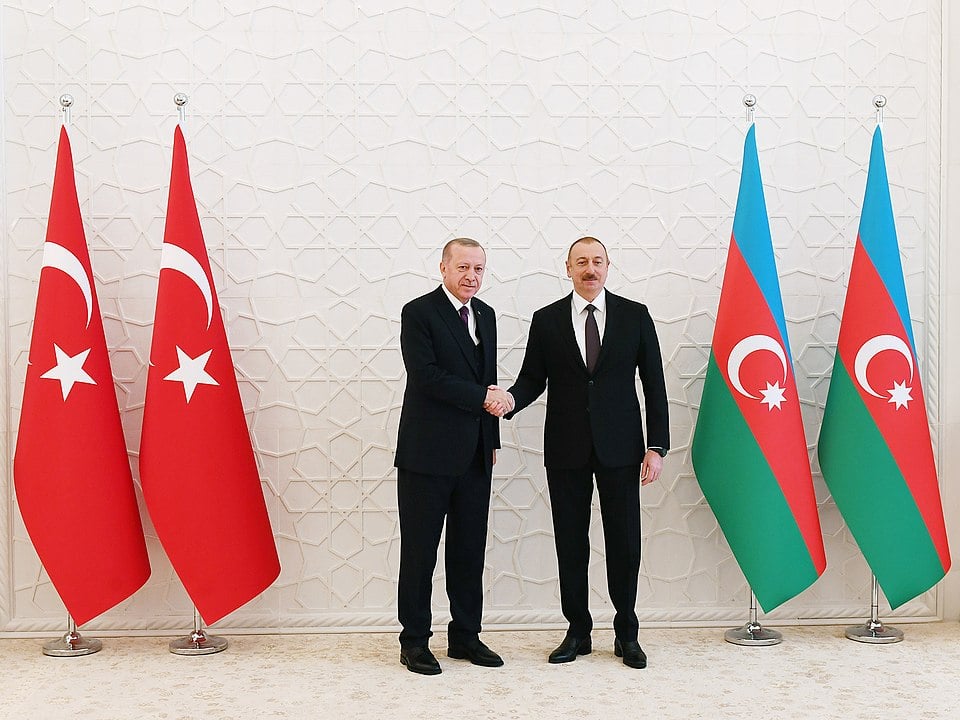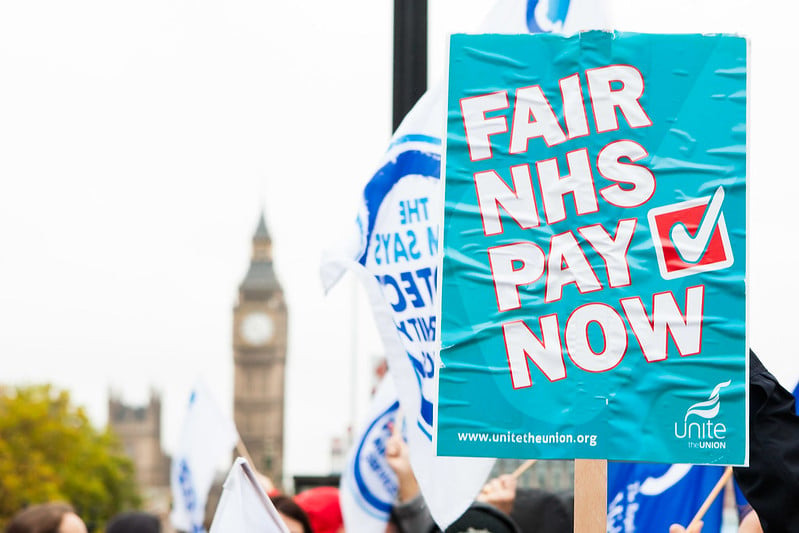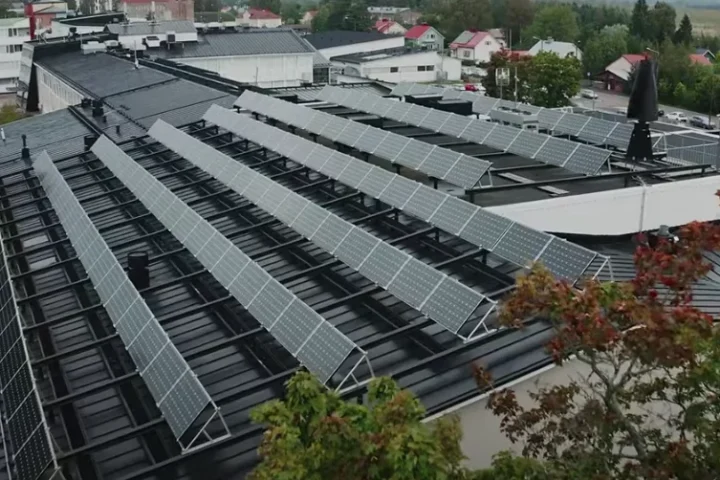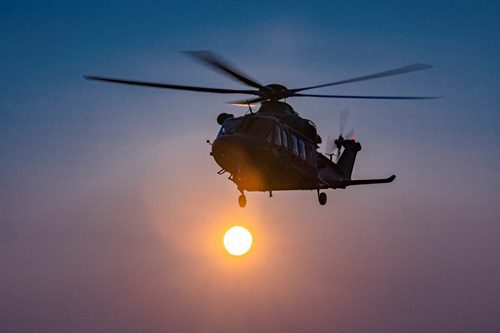The recent escalation between India and Pakistan has sent ripples through India’s trade relationships with Turkey and Azerbaijan. With bilateral trade worth over $12 billion collectively, these partnerships face scrutiny after both nations publicly supported Pakistan during Operation Sindoor.
The Numbers That Matter
Trade between India and Turkey reached $10.43 billion in FY2023-24, with Indian exports of $6.65 billion (textiles, machinery, pharmaceuticals) and imports of $3.78 billion (chemicals, automotive parts). Meanwhile, India-Azerbaijan trade stood at $1.435 billion in 2023, primarily driven by energy imports worth $1.227 billion.
These figures represent more than just commerce—they reflect strategic partnerships built over decades. India imports active pharmaceutical ingredients from Turkey and relies on Azerbaijan for crude oil through the Baku-Tbilisi-Ceyhan pipeline.
Tourism Takes the First Hit
The travel industry reacted swiftly to the geopolitical tensions. Major Indian travel companies suspended all packages to Turkey and Azerbaijan:
“In light of recent developments, we have decided to pause all new travel offerings to Azerbaijan, Uzbekistan, and Turkey. This decision is driven by our commitment to uphold principles that matter deeply to us and the people of our country,” stated Karan Agarwal, Director of Cox & Kings.
EaseMyTrip, Cox & Kings, Ixigo, Travomint, PickYourTrail, and WanderOn have all halted bookings. These companies serve millions of Indian travelers annually, making this suspension significant for both destinations.
The Drone Connection
The tension stems from Pakistan’s use of Turkish-made Asisguard Songar drones during cross-border operations. Colonel Sofiya Qureshi revealed during a Ministry of External Affairs briefing: “Forensic investigation of the wreckage of the drones is being done. Initial reports suggest that they are Turkish Asisguard Songar drones.”
Pakistan deployed 300-400 Turkish drones across 36 locations along India’s western border. These sophisticated quadrotor combat drones can carry machine guns and fire precision missiles, representing Turkey’s growing defense cooperation with Pakistan.
Beyond Headlines: Sectoral Analysis
While tourism grabs attention, other sectors show varying resilience:
Energy Sector: Oil imports from Azerbaijan continue through established pipelines. ONGC Videsh’s $60 million stake acquisition in Caspian Sea assets shows long-term commitment despite tensions.
Pharmaceuticals: Turkey supplies critical active ingredients to India’s pharmaceutical industry. Alternative sourcing could increase costs by an estimated $200 million annually.
Manufacturing: Auto component imports worth approximately $1 billion annually from Turkey face potential disruption.
Similar Posts
Logistics Getting Complicated
Trade documentation is experiencing delays. Letters of credit for Turkey routes now take 5-7 days longer due to heightened risk premiums. Banks have increased documentary credit fees by 15 basis points for Azerbaijan routes.
Alternative corridors are seeing increased usage. Chabahar port traffic has risen 12% as traders seek Pakistan-free routes. The Iran-Oman corridor and International North-South Transportation Corridor (INSTC) offer alternative pathways.
Economic Diplomacy at Play
India’s response balances economic pragmatism with political messaging. The suspension of travel packages sends a clear signal while maintaining critical trade links. Former Foreign Secretary Kanwal Sibal proposed suspending flights between India and Turkey after six Turkish military aircraft landed in Pakistan with cargo.
The timing complicates matters. These tensions emerge as India negotiates various trade agreements and seeks to diversify its energy sources away from traditional suppliers.
Regional Implications
Turkey’s public support for Pakistan and Azerbaijan’s alignment reflect broader geopolitical calculations. Turkey-Pakistan defense cooperation includes Turkish drones that Pakistan used against India, while Azerbaijan balances its relationship with India against regional pressures.
These tensions test the resilience of economic partnerships in an increasingly polarized world. Turkey remains Pakistan’s second-largest arms supplier, creating an inherent conflict in its relationship with India.
What Alternatives?
Several factors will determine the future trajectory:
Short-term impacts: Tourism will likely remain suppressed until tensions ease. Documentation delays may continue affecting smaller traders.
Medium-term adjustments: Companies are reviewing payment terms and force majeure clauses. Industry bodies like CII and FICCI advise members to explore alternative suppliers and routes.
Long-term considerations: Energy partnerships show more resilience due to strategic importance. The Chabahar corridor development offers India alternative connectivity options.
Practical Guidance for Businesses
For companies navigating these choppy waters:
- Review existing contracts for force majeure clauses
- Explore alternative suppliers and logistics routes
- Secure political risk insurance for existing investments
- Leverage industry body networks for real-time updates
- Diversify supply chains to reduce single-country dependence
What Policymakers Can Do
Government actions could help stabilize trade relationships:
- Fast-track Comprehensive Economic Partnership Agreements (CEPA) with Turkey and Azerbaijan
- Leverage multilateral platforms like SCO and ECO to depoliticize commerce
- Provide diplomatic clarity to reduce private sector uncertainty
- Support alternative logistics infrastructure development
The Bigger Picture and Planning Future
These tensions reflect the challenges of maintaining economic relationships amid geopolitical volatility. India’s “Act East” policy and expanding EU trade partnerships provide buffers against regional disruptions.
The Baku-Tbilisi-Ceyhan pipeline’s strategic importance and India’s growing LNG imports offer some insulation from short-term political turbulence. However, the interconnected nature of defense and civilian trade complicates simple solutions.
The resilience of India’s trade relationships with Turkey and Azerbaijan will depend on several factors: the duration of India-Pakistan tensions, the extent of Turkish-Pakistani defense cooperation, and the ability of businesses to adapt through alternative channels.
Energy partnerships show inherent stability due to strategic necessity. Tourism and smaller trade segments remain more vulnerable to political winds. The key lies in separating strategic economic interests from immediate political responses.

Ultimately, these events test whether economic interdependence can outlast political disagreements. The answer will shape not just bilateral trade but the broader framework for international commerce in an increasingly fragmented world.
The coming months will reveal whether this is a temporary disruption or a more fundamental realignment of India’s economic partnerships. For now, businesses are adapting, governments are calculating, and the markets are watching.


















